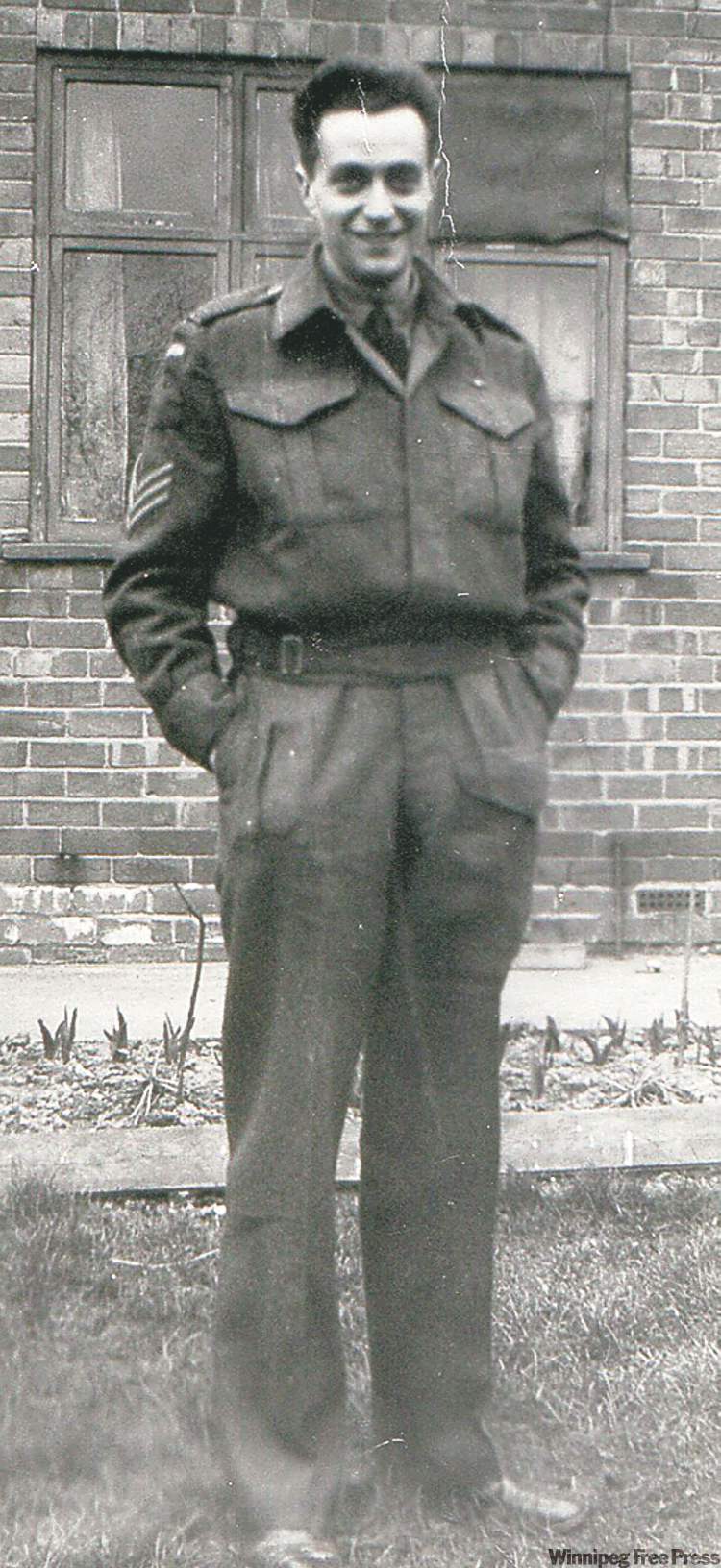‘That’s what we do… we stand up for those who can’t stand up for themselves’
Advertisement
Read this article for free:
or
Already have an account? Log in here »
To continue reading, please subscribe:
Monthly Digital Subscription
$1 per week for 24 weeks*
- Enjoy unlimited reading on winnipegfreepress.com
- Read the E-Edition, our digital replica newspaper
- Access News Break, our award-winning app
- Play interactive puzzles
*Billed as $4.00 plus GST every four weeks. After 24 weeks, price increases to the regular rate of $19.00 plus GST every four weeks. Offer available to new and qualified returning subscribers only. Cancel any time.
Monthly Digital Subscription
$4.75/week*
- Enjoy unlimited reading on winnipegfreepress.com
- Read the E-Edition, our digital replica newspaper
- Access News Break, our award-winning app
- Play interactive puzzles
*Billed as $19 plus GST every four weeks. Cancel any time.
To continue reading, please subscribe:
Add Free Press access to your Brandon Sun subscription for only an additional
$1 for the first 4 weeks*
*Your next subscription payment will increase by $1.00 and you will be charged $16.99 plus GST for four weeks. After four weeks, your payment will increase to $23.99 plus GST every four weeks.
Read unlimited articles for free today:
or
Already have an account? Log in here »
Hey there, time traveller!
This article was published 10/11/2010 (5464 days ago), so information in it may no longer be current.
My father died just before Remembrance Day, 1985. So, to me, Remembrance Day is the anniversary of his passing, the poppy, a personal memorial of a life that ended too soon.
Cecil Louis Goldin, born in Winnipeg Aug. 6, 1922, was a veteran of the Second World War. He rarely talked about the war, except to joke that he had peeled enough potatoes and washed enough dishes in the army and didn’t intend to do any now. I figured he was using someone else’s experience as his own as a way of getting out of chores. He was a captain, and I was pretty sure officers didn’t pull kitchen duty.
I remember him dressing in his captain’s uniform, leather baton under his arm, medals on his chest. Once a month, he would dress for his army reserves meeting and for parades on Remembrance Day and other times. It was my job to polish his shoes for the parade.

He was the manager of a paving company, and I thought of him the same way in the army, an executive, perhaps behind a desk. Then I learned he was a sergeant in the war. He came up through the ranks, promoted at the end of the war to major, then a captain in the reserves.
I know now he was with the 15th Regimental Artillery that had, in the days following D-Day, cut a path through France, Belgium, Holland and into Germany. He was awarded the Commander-in-Chief’s Commendation, one of only 12 in the campaign, for diverting attention, and almost certain death, from his fallen comrades by driving a communications tank, one with a false forward gun, into an enemy machine gun nest.
Another time, he and his group came upon an empty farmhouse and bedded down in the back room. When they awoke, they walked into the front room and found it full of awakening German soldiers, the enemy, but probably boys just like themselves, and held them captive.
He was in England at the start of the war, and at the end, he was on a troop ship, on Aug. 6, 1945, his birthday, bound for the Pacific, when the Japanese city of Hiroshima was bombed.
When he came home, his older half-sister baked him a chocolate cake every day for a week. He was, after all, still just a boy.
He married my mother a year after his return. They met through letters, although she didn’t want to write to another soldier, but my uncle, his younger brother, pestered her relentlessly at their workplace.
They eventually lived in a new subdivision along with others who shared similar stories. But there was one family that was different, at least outwardly: the Chinese family next door. I was friends with the son who was as Canadian as I was, but the parents and extended family spoke little or no English.
One day, we learned that my friend’s aunt and his grandmother were to be deported. My father, with my mother, saw one more battle to be fought. He circulated a petition. There’s a faded newspaper clipping of my father presenting the successful petition to the minister in charge of immigration.
Several years later, there was an article in the paper about the aunt and how she had achieved the highest academic standing in her school and was valedictorian. My father said, “You know, that’s why we did it.” He meant the petition, but he could have meant the war as well: “That’s why we did it. That’s what we do, Canadians, we stand up for those who can’t stand up for themselves.”
This Remembrance Day, I will wear a poppy as my personal memorial of a life that passed too soon.
I will raise a glass to my father.
Neal Goldin lives in Vancouver.


